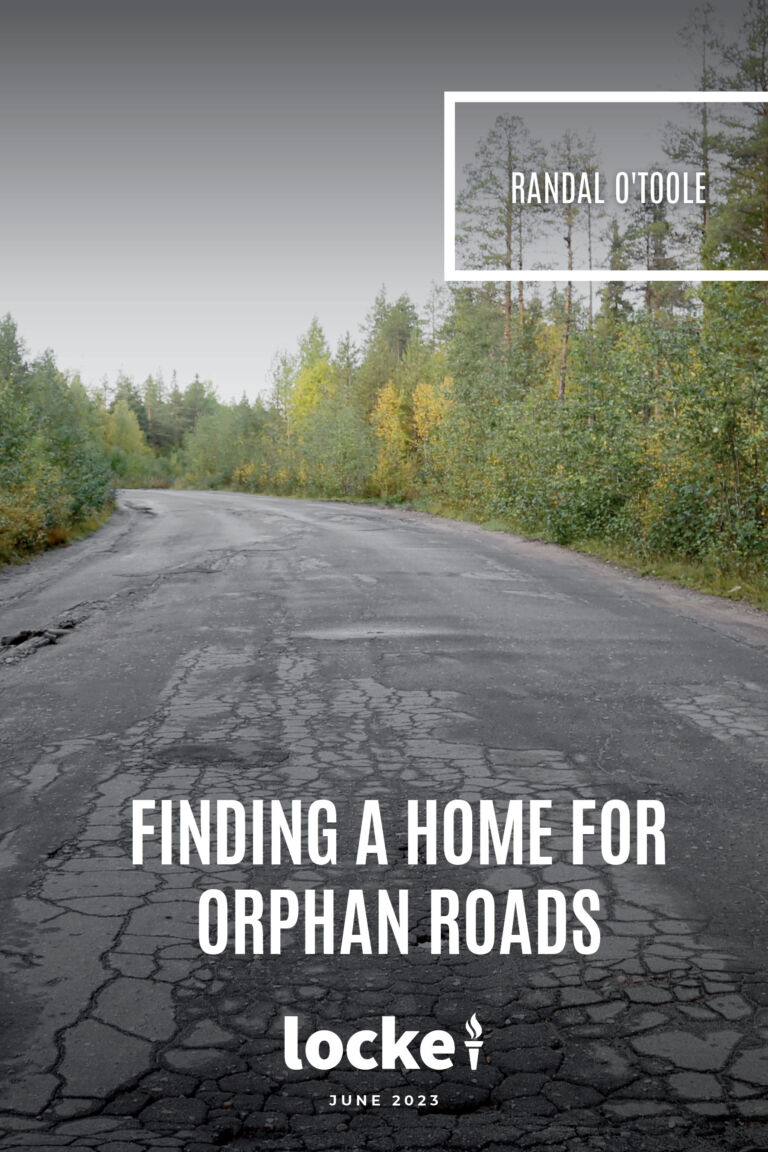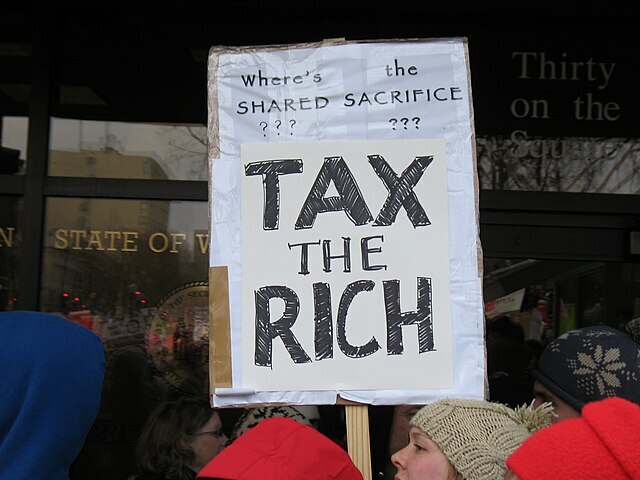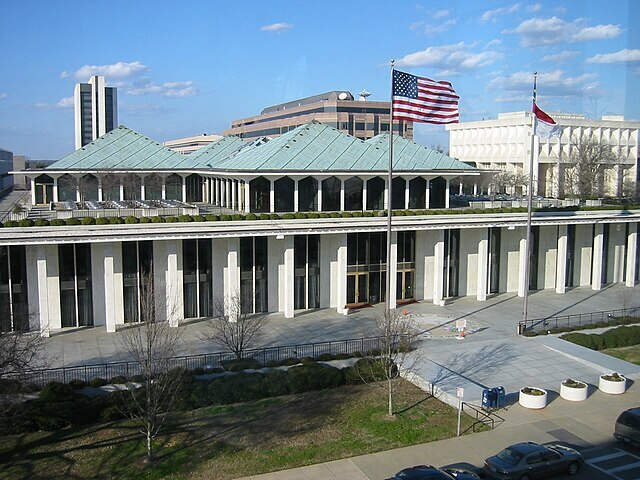Many properties outside of incorporated cities in North Carolina are located on roads that are not maintained by any state or local government. Some of these roads may have no clear owner and are known as orphan roads. Buyers of properties along these roads are not always informed that they will be responsible for periodic and expensive road maintenance.
Some of the neighborhoods that use orphan roads have homeowners’ associations or road maintenance agreements that describe who is responsible for maintaining the roads. But many do not, in which case homeowners may not only be surprised by the cost but may be unable to reach agreement with their neighbors on what maintenance should be done and who should pay for it.
The North Carolina Department of Transportation (NCDOT) has criteria under which it will take over maintenance of these roads. Among other things, the roads must serve a certain housing density, be built to certain minimum standards, and be in good condition. Many orphan roads don’t qualify for one reason or another or may only qualify if homeowners put up the money to restore the roads to state standards.
Even if the NCDOT were to take over these roads, there is an equity problem. Significant auto traffic keeps asphalt pavement compacted, which can reduce maintenance costs. This is not the case for orphan roads, as there is not enough traffic for compaction to occur, resulting in higher than average maintenance costs. The limited traffic means that these roads also contribute very little to the gas tax funds that are NCDOT’s most important sources of revenue. Thus, other auto drivers are effectively forced to subsidize rural property owners whose roads are maintained by NCDOT.
After evaluating the equity and financial feasibility of several alternative
solutions, this report recommends:
- The North Carolina Real Estate Commission, in consultation with NCDOT, should revise its real estate disclosure forms to inform potential buyers if the property is served by private roads, the condition of those roads, and what kind of maintenance the buyer can anticipate in the future.
- The state legislature should give counties the option, if they do not already have it, of taking over maintenance of secondary and local roads within their jurisdictions, and of collecting property taxes or assessments to pay for that maintenance.
- The state legislature should also require that owners of properties served by private roads be a part of homeowners’ associations that will maintain the roads or write road maintenance agreements with the support of at least 75 percent of other property owners. This agreement should spell out what kind of up keep will be done and each property owner’s expected contribution to the maintenance.
- The state legislature should authorize NCDOT to charge assessments to property owners served by local roads that are maintained by the state. Ideally, NCDOT would be able to charge all such property owners, but it should at least be allowed to charge owners served by roads that are now private who want the state to take over maintenance of those roads.



